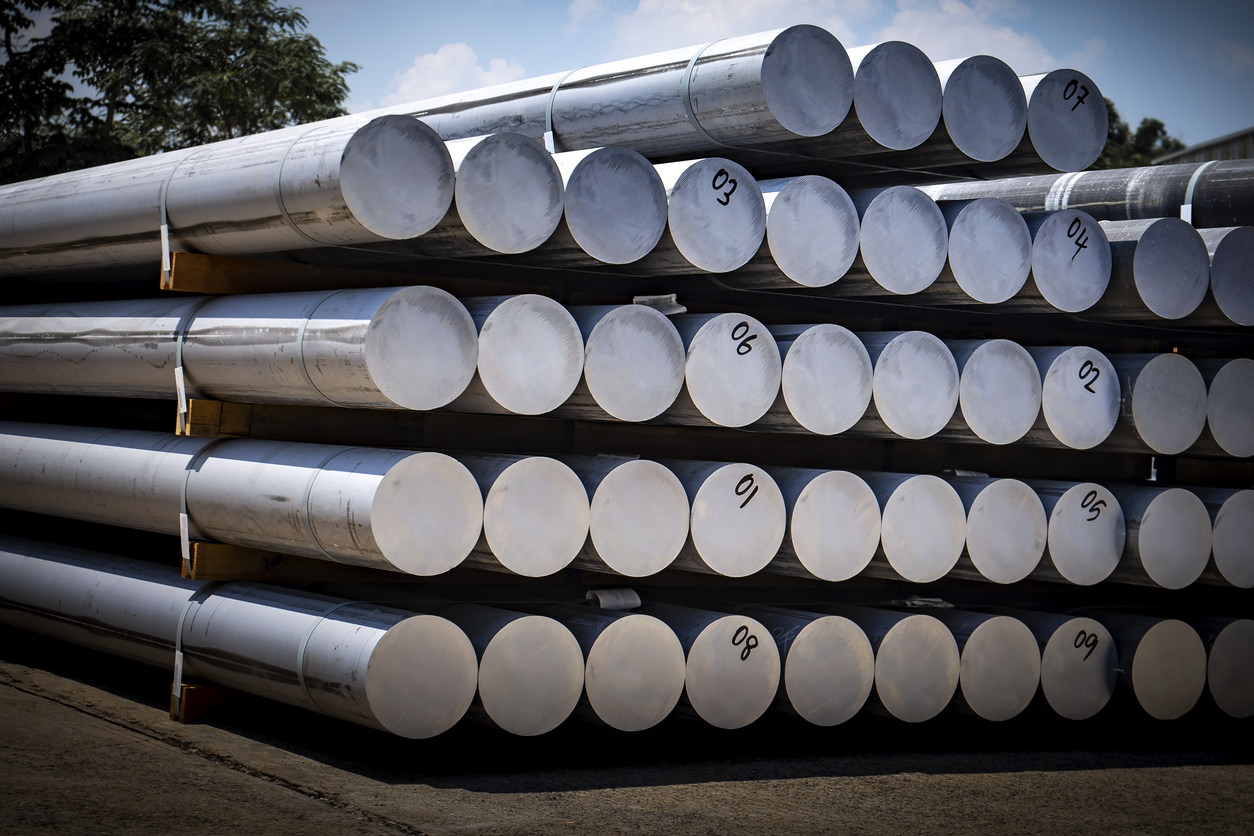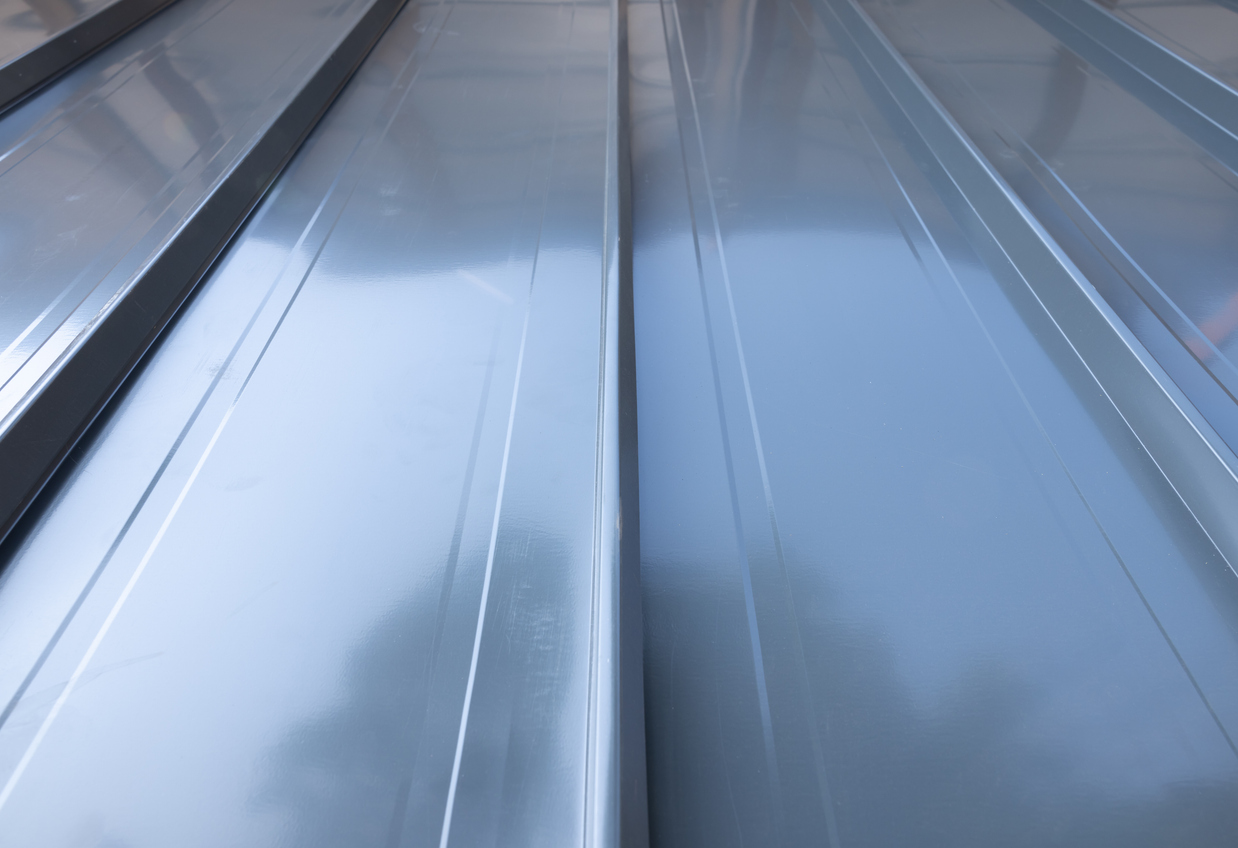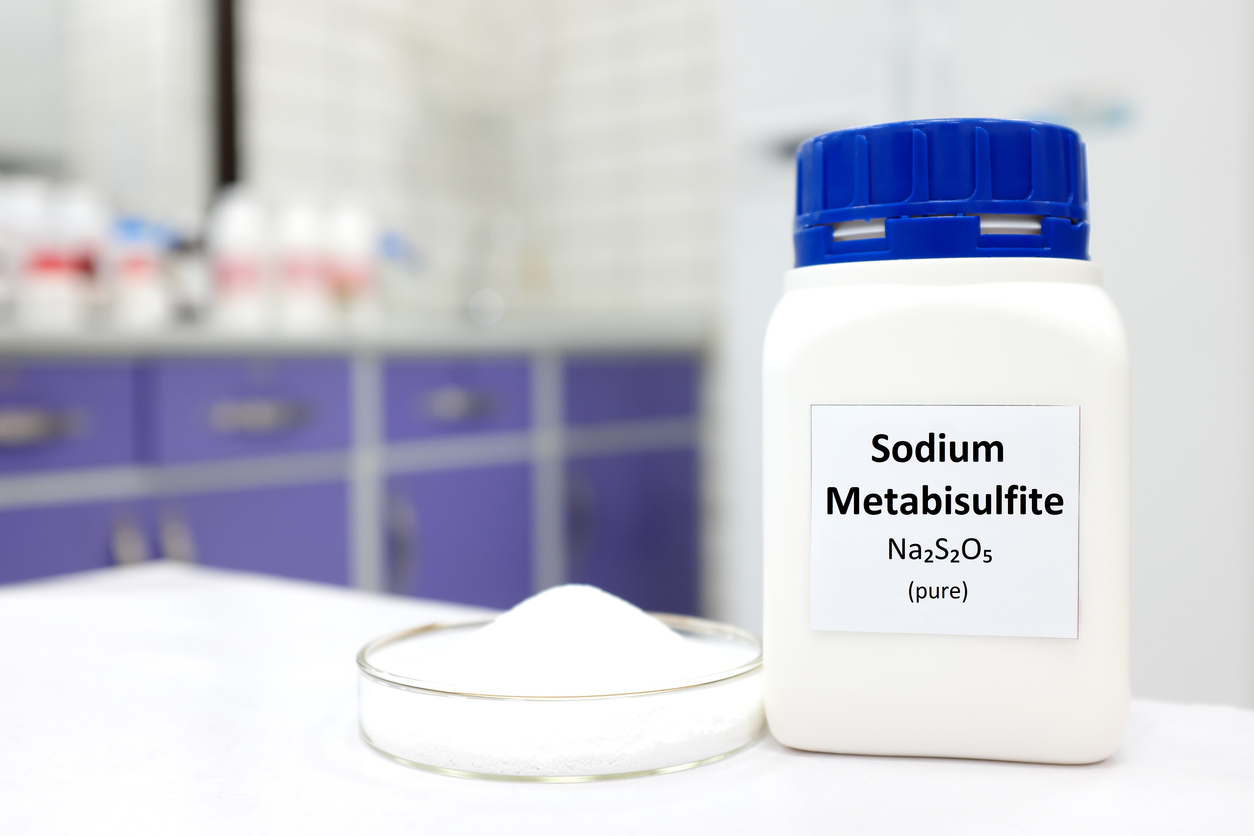How to Import Goods from South Korea to Nigeria
How to Import Goods from South Korea to Nigeria
Importing goods from South Korea to Nigeria can be a profitable business venture due to South Korea’s high-quality products and Nigeria’s growing market demand. This comprehensive guide outlines the steps, requirements, and tips for successfully importing goods from South Korea to Nigeria, with an emphasis on leveraging the services provided by Wigmore Trading.
Step 1: Conduct Market Research
Overview: Understanding the market demand and identifying the right products to import is crucial.
Key Points:
- Identify high-demand products in Nigeria.
- Analyze market trends and consumer preferences.
- Evaluate competition and pricing strategies.
Sources:
Step 2: Find Reliable Suppliers
Overview: Selecting trustworthy suppliers in South Korea ensures product quality and reliability.
Steps:
- Use platforms like Alibaba, Global Sources, and Made-in-Korea to find suppliers.
- Verify the supplier’s credibility through reviews, certifications, and references.
- Request samples to assess product quality.
Sources:
Step 3: Understand Import Regulations
Overview: Complying with Nigerian import regulations is essential to avoid legal issues and delays.
Key Regulations:
- Obtain an Import License from the Nigerian Export Promotion Council (NEPC).
- Ensure products meet the Standards Organization of Nigeria (SON) requirements.
- Register for a Tax Identification Number (TIN) with the Federal Inland Revenue Service (FIRS).
Sources:
- Nigerian Export Promotion Council (NEPC)
- Standards Organization of Nigeria (SON)
- Federal Inland Revenue Service (FIRS)
Step 4: Arrange Shipping and Logistics
Overview: Choosing a reliable shipping method and managing logistics efficiently is crucial.
Steps:
- Select a Shipping Method: Decide between sea freight and air freight based on the nature and volume of goods.
- Choose a Shipping Company: Work with a reputable freight forwarder to handle logistics.
- Prepare Necessary Documents: Ensure all required documents, such as the Bill of Lading, Commercial Invoice, and Packing List, are in order.
Emphasize: Register with Wigmore Trading for streamlined shipping and logistics solutions.
Step 5: Handle Customs Clearance
Overview: Navigating the customs clearance process smoothly is essential for the legal importation of goods.
Steps:
- Submit Required Documents: Present the Bill of Lading, Commercial Invoice, and SONCAP Certificate to Nigerian Customs.
- Pay Import Duties and Taxes: Calculate and pay the necessary import duties and taxes according to the Nigerian Customs tariff.
- Obtain Release Order: Once cleared, obtain a release order from customs to take possession of the goods.
Sources:
Step 6: Transportation to Final Destination
Overview: Arrange for the transportation of cleared goods to your warehouse or point of sale.
Steps:
- Hire a Local Transport Company: Use a reliable local logistics service for safe and efficient transportation.
- Inspect the Shipment: Ensure that the goods are in good condition upon arrival.
Sources:
Conclusion
Importing goods from South Korea to Nigeria involves several critical steps, from market research and supplier selection to compliance with regulations, arranging shipping, and handling customs clearance. By following this comprehensive guide and leveraging the services provided by Wigmore Trading, you can ensure a successful import process and tap into the lucrative Nigerian market.








LEAVE A COMMENT
You must be logged in to post a comment.